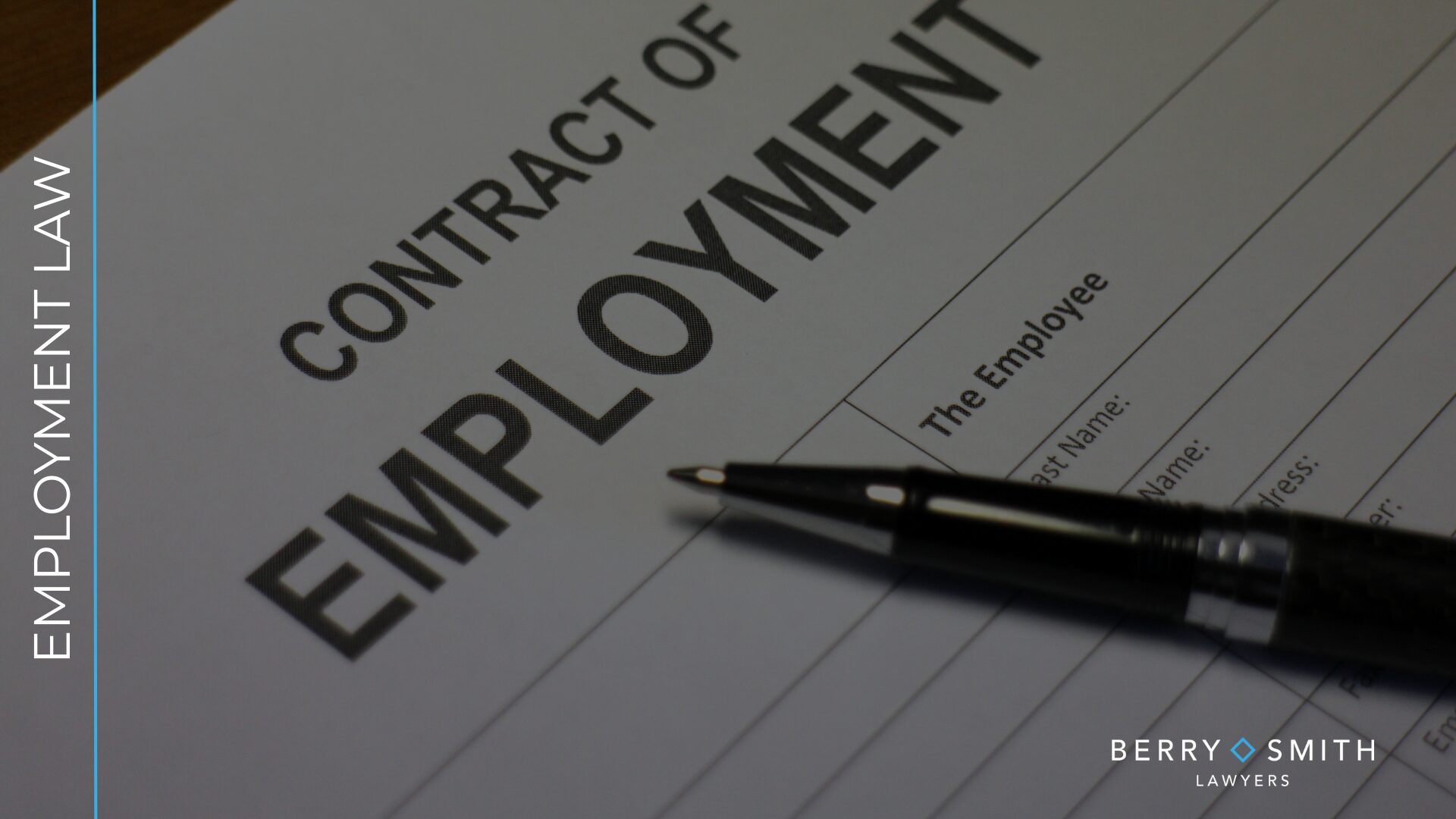The Employment Rights Bill (‘ERB’), introduced on 10 October 2024 to Parliament, proposes various significant changes to existing employment law. This article does not propose to analyse the changes in depth but, if you would like to understand some of the key provisions, please click here.
On 1 July 2025, the Department for Business and Trade published a roadmap setting out when the various provisions of the ERB would come into force, as well as the date of any planned consultation periods. Whilst these changes will likely result in a significant change to employment law, the timetable would appear to indicate that most of the changes – save for some trade union related changes- will not appear until April 2026, at the earliest.
Proposed timetable
Summer–Autumn 2025 (from royal assent of the ERB)
· The Strikes (Minimum Service Levels) Act 2023 and most provisions of the Trade Union Act 2016 will be repealed (the latter relates to the notice requirements and turnout requirements for industrial action ballots).
· Employees who participate in industrial action will benefit from extended protection from dismissal (currently the limit is 12 weeks, but this limit is set to be removed).
· The government will also open consultations on the following elements of the ERB: day-1 unfair dismissal rights, trade union reforms (electronic balloting, statutory recognition, access), fire-and-rehire, bereavement leave, rights for pregnant workers and measures for zero-hours contracts. Employers may find it useful to participate in these consultations if they relate to their sector or organisation.
April 2026
· Employees will have a day one right to Statutory Sick Pay with no earnings threshold.
· Employees will be eligible paternity and unpaid parental leave rights from the first day of their employment (meaning there will no longer be a 26 week qualifying period for either entitlement).
· The Fair Work Agency (FWA) will launch, consolidating enforcement of minimum wage, holiday pay, SSP entitlements. It is unclear when the FWA’s enforcement powers will come into effect.
· The cap on protective awards for a failure by an employer to comply with their collective redundancy consultation obligations will double from 90 to 180 days.
· Simplified trade union recognition procedures will be enacted, plus electronic and workplace balloting will come into force.
· New sexual harassment protections and protections for protected disclosures will come into force.
October 2026
· Employers will face further limitations on their ability to use dismissal and re-engagement, essentially meaning that dismissals for refusing contractual changes would be automatically unfair (save for a limited exception).
· Fair Pay Agreement body will be established for adult social care sector.
· Employers will need to take “all reasonable steps” to prevent sexual harassment (including third-party harassment), rather than just ‘reasonable steps’ as at the time of writing.
· Tribunal time limits will extend from 3 to 6 months (for more detail on this point please click here).
2027
· Employees will gain day-1 protection from unfair dismissal (two-year qualifying period removed), subject to probationary periods.
· Certain zero-hours contract workers may be eligible for so-called guaranteed hours contracts (based on a 12 week reference period of their previous work patterns).
· Employees will be entitled to day-1 bereavement leave right (unpaid). The details of this entitlement are to follow.
· Flexible working- employers will only be able to reject a flexible working request where it is reasonable to do so based on the grounds of one (or more) of the existing eight reasons set out in law.
· Pregnant workers and individuals who make protected disclosures about sexual harassment will gain further legal protections against dismissal.
· Certain organisations will need to publish mandatory gender pay gap and menopause action plans (voluntary from April 2026 onward).
Please note the contents of this article do not constitute legal advice. If you require any further information or if you would like our assistance, please contact us at employment@berrysmith.com or on 02920 345 511
